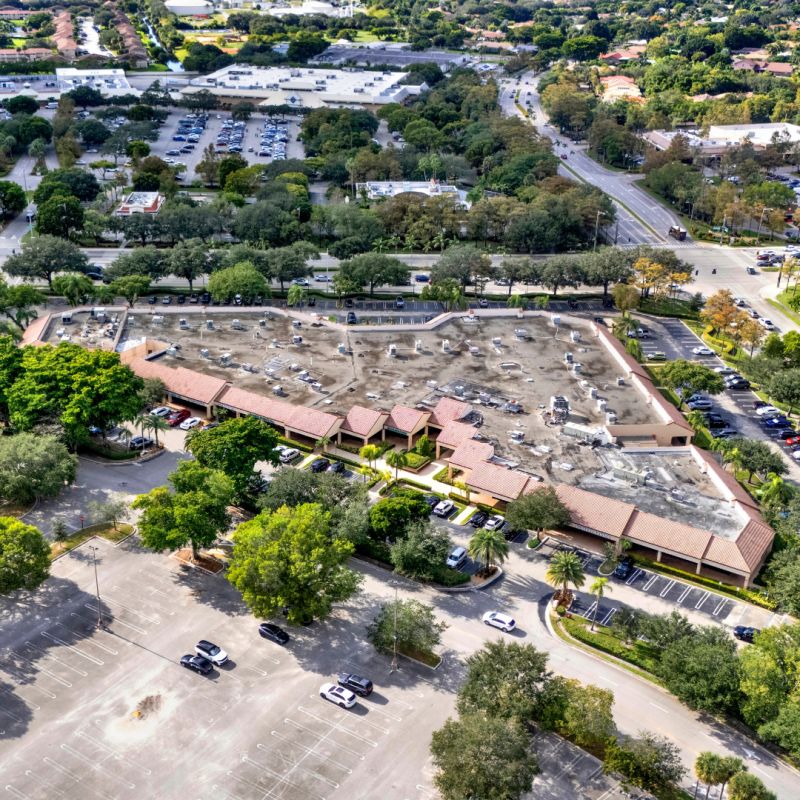I
n a high-stakes diplomatic move, US President Donald Trump unveiled a contentious plan to take control of the Gaza Strip, sparking fierce debate among regional leaders. Seated alongside Israeli Prime Minister Benjamin Netanyahu, Trump framed the Palestinian enclave as a prized asset, ripe for transformation into a thriving economic powerhouse. He proposed relocating Gaza's two million residents to other countries, suggesting that "plenty of nations" would welcome them with open arms.
The plan has been met with fierce resistance from Arab nations, including Egypt and Jordan, who have categorically rejected the idea of resettling displaced Palestinians within their borders. In contrast, Netanyahu expressed a willingness to explore new approaches to Gaza's challenges, while emphasizing Israel's commitment to dismantling Hamas's influence in the region.
As tensions simmer, leaders from France, Jordan, and Egypt issued a joint statement urging the Palestinian Authority to assume control of Gaza, a proposal that has been previously dismissed by Israel. They stressed the importance of respecting Palestinian sovereignty and warned against unilateral actions that could further destabilize the region.
Trump's vision for Gaza's future involves clearing the land of hazardous remnants, developing infrastructure, and creating jobs and housing. He envisions a transformed Gaza Strip, one of the world's greatest developments, with Palestinians resettled in safer, more modern communities. While Trump claims no US military presence would be required, his plan has been met with widespread opposition from regional leaders.















